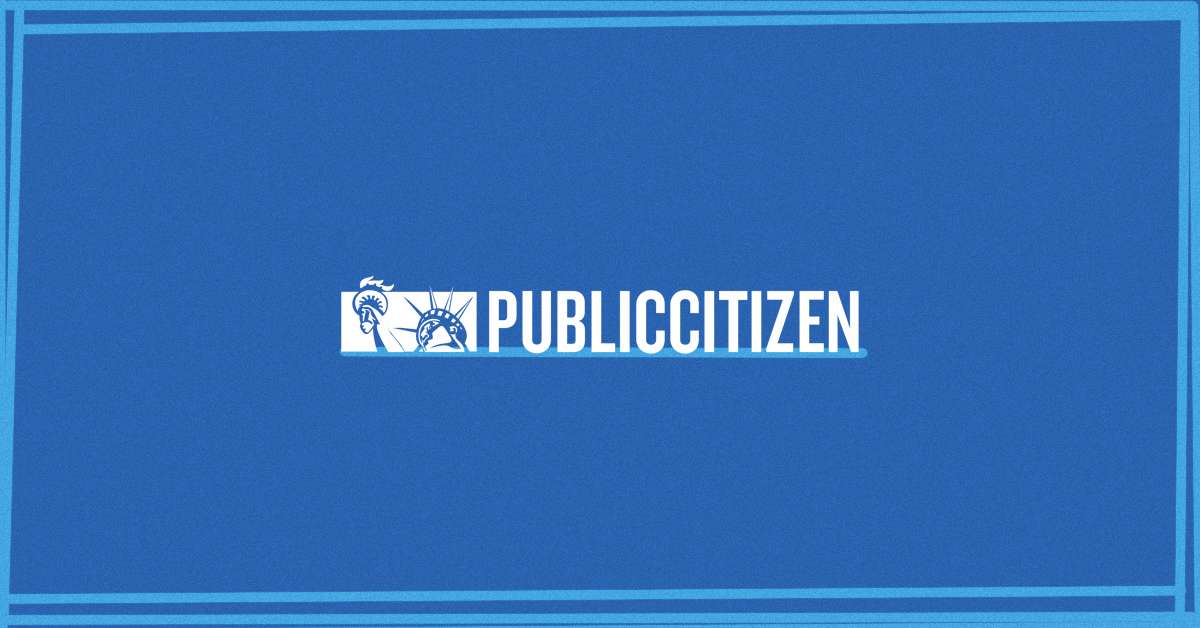You are really upset that you've said so many wrong things.The problem is your dishonest bullshit trying to pretend it is single-handedly responsible for the entirety (or near-entirety) of the people who have been additionally been able to access healthcare due to the ACA. You've got no reasonable data for this claim, of course: that's why it's bullshit.
All your argument on the ACA has been evasive, digressive, nonfactual bullshit. It's one of the most spectacularly dishonest performances you have ever put on in this forum.
Seriously though. If I said "there is no employer mandate", and someone shows me there is, I say "oh, I was wrong about that, thank you." You are decidedly not taking that tactic, and it is tough to watch this absolute meltdown.
No, it's still all just money. It's a question of who pays.An uninsured person bets their livelihood that they won't need a serious medical procedure.


